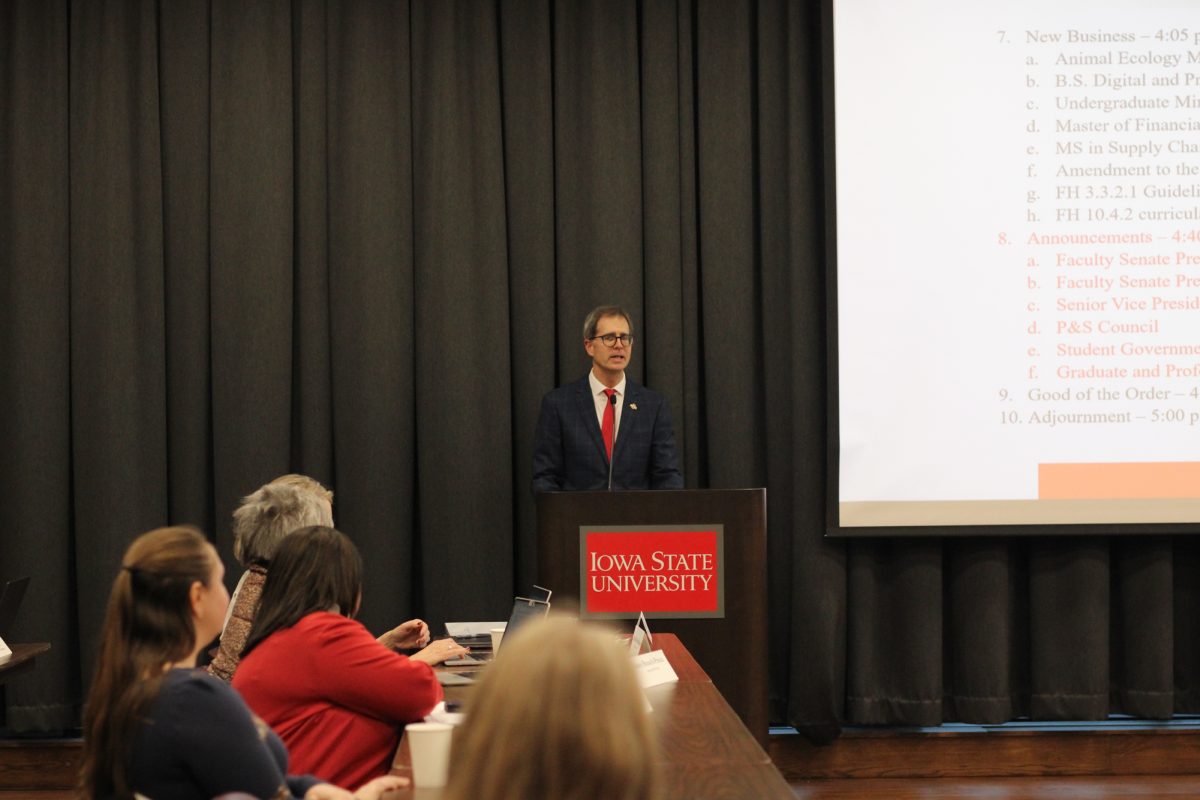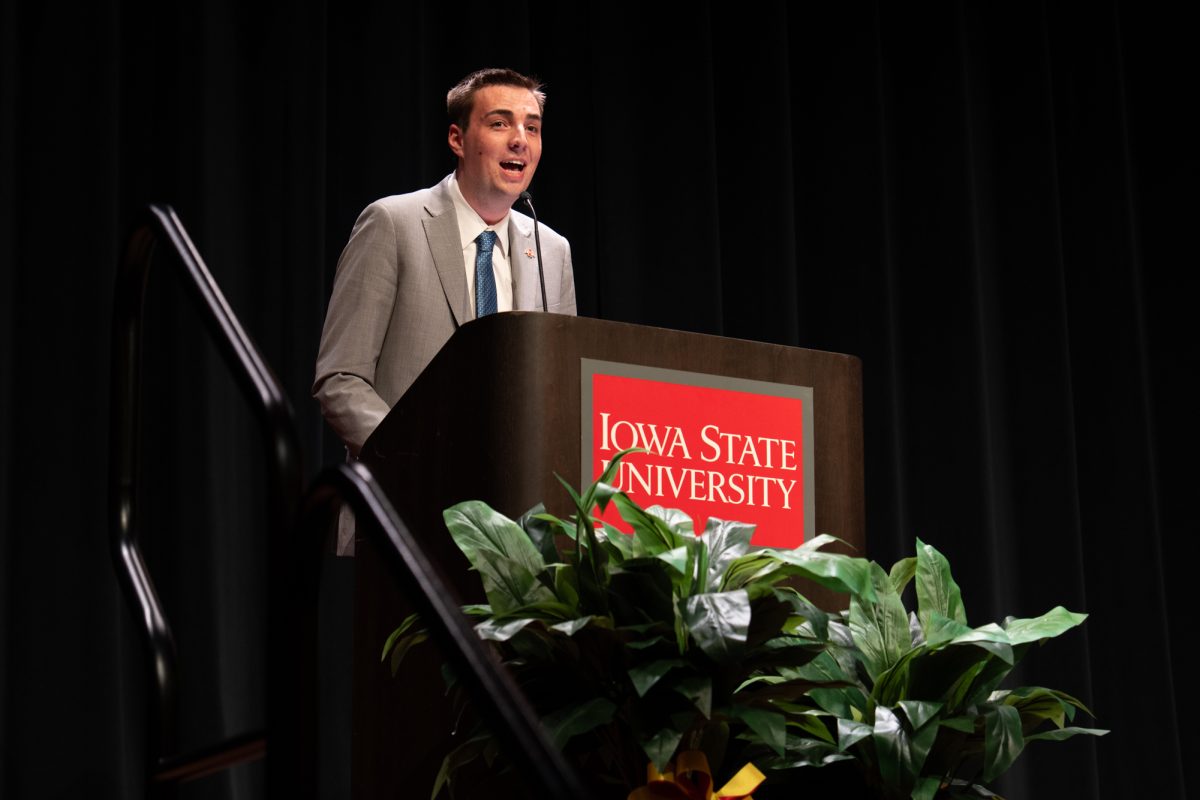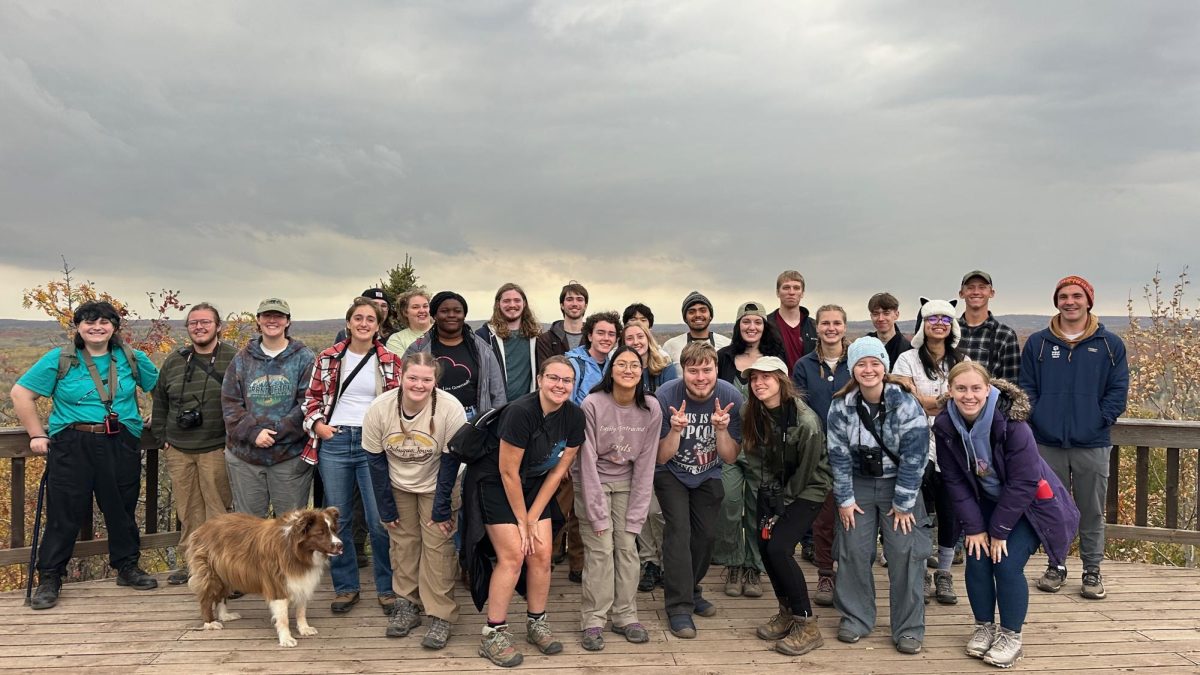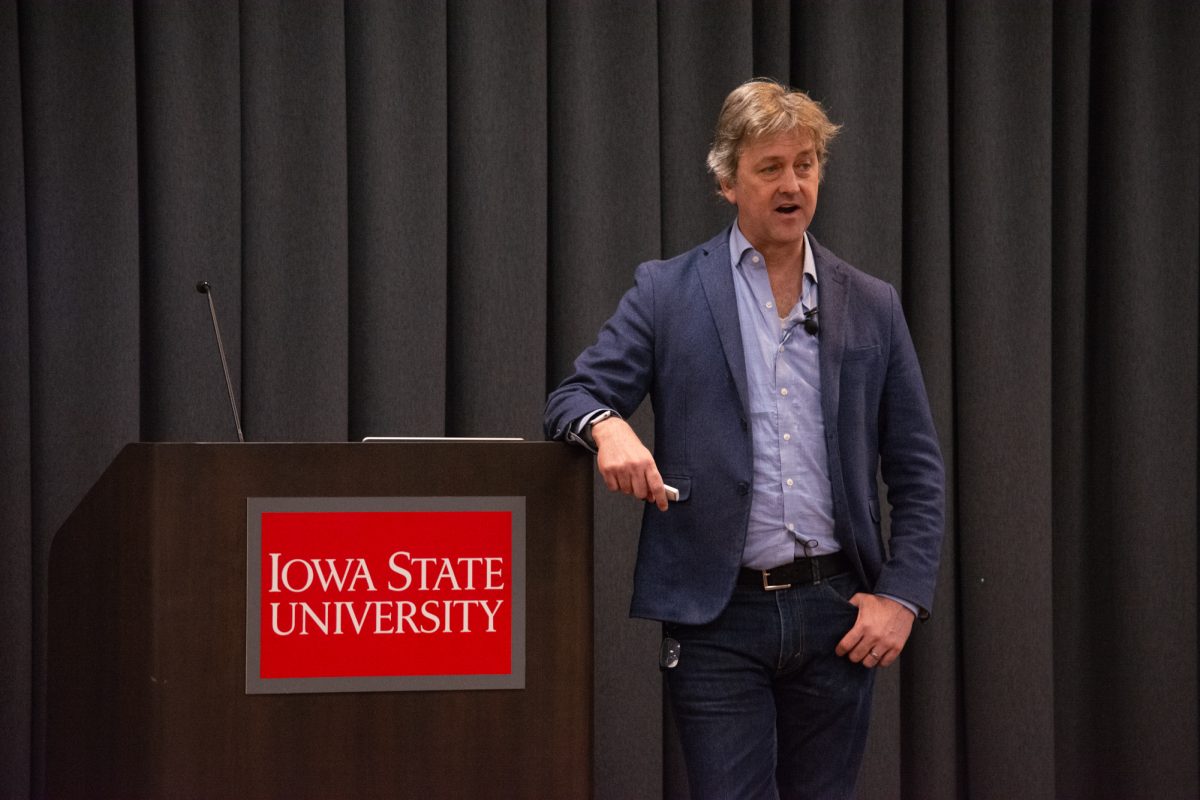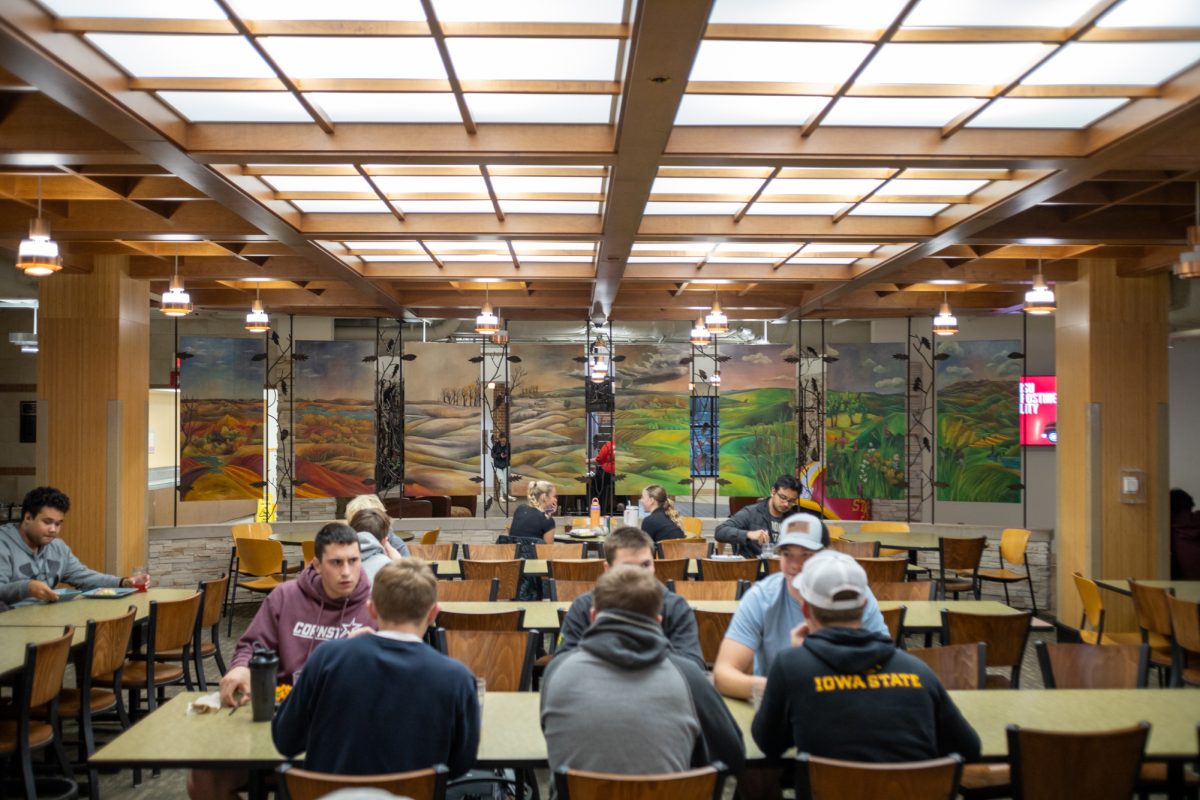The Faculty Senate heard the second reading and unanimously passed three bills at Tuesday’s meeting: renaming the focus area, the policy on IP of educational materials and consenting relationships.
The Senate also listened to the first readings of eight new bills that they will hear the second reading and vote on during the upcoming January meeting.
Renaming focus area
The first bill proposed to rename a civil engineering graduate degree specialization in the Department of Civil, Construction and Environmental Engineering.
According to the proposal, “Intelligent Infrastructure Engineering” (IIE) would be renamed to “Transdisciplinary Infrastructure Engineering” (TIE).
The proposal states the difference is that TIE will cover four broad research areas to help show the possibilities.
“These research areas can easily be renamed in the future to adjust strategic research focuses in CCEE. The only portion that would go to the College of Engineering, Graduate School and provost would be the name change (i.e., from IIE to TIE), not the four sub-specialization research areas,” according to the proposal.
This bill passed unanimously.
Policy on intellectual property of educational materials
The senate also heard the second reading of a proposal to replace all of Section 10.9 (excluding 10.9.1.6) with a link to the language in the policy library.
The proposal renames the section to mirror the name given in the Policy Library. According to the proposal, “Section 10.9.1.6 refers to required reading and textbooks, not covered by the new ISU policy library language. It is therefore further proposed to renumber this section to a new stand-alone section 10.10 of the FH.”
In addition, the proposal would drop the reference to “local bookstores,” as “none outside of the ISU bookstore exists.”
This proposal passed unanimously.
Consenting relationships
The senate finally heard the second reading to delete all language in section 7.2.2.1.1 and replace it with the policy on consenting relationships in the Policy Library.
According to the bill, paraphrasing language from the library may allow for misinterpretation of the language and create a problem of maintaining consistency across multiple locations.
This bill passed unanimously.
First readings
The Senate heard the first readings for eight new bills, all of which will be voted on at the next Senate meeting.
The first was a proposal to rename the animal ecology major to wildlife and fisheries conservation and ecology.
The second was a request to implement a new bachelor’s degree program for a digital and precision agricultural degree.
The third was a program proposal for an undergraduate minor in user experience design (UxD).
Some senators chimed in with their concern for the broadness of the program.
“I strongly feel that the program requirements, especially the list of electives in this proposal, need to be revised,” Sen. Aaron Wood, associate professor of earth, atmosphere and climate, said. “There is an odd mixture of being very inclusive and being very exclusive.”
The fourth reading was for a request for a new master’s program for financial technology (FinTech).
Sen. Shira Zerbib explained the mathematics department’s concern for this master’s program being taught by the computer science department and not the mathematics department when a majority of their classes align with FinTech’s teachings and research.
“This bill was not consulted with the mathematics department. COMS 5040x Computational Methods Two is a math class, not financial technology,” Sen. Zerbib said. “We want to teach these classes, not the Department of Computer Science.”
The fifth was a request for a new Master of Science in the supply chain management program. The sixth was an amendment to the degree planning policy.
Students are not currently allowed to achieve a minor, certificate or major of the same name. However, according to the amendment, the ASAC felt they needed to make changes as ISU recruiting gets more creative and paths for students become more diverse.
“These changes allow for a student to progress to a higher level of credential (minor, certificate, major), but we added provisions so they cannot be awarded in the same semester,” according to the amendment.
The seventh was the guidelines for term faculty percentages. The proposal suggests deleting section 3.3.2.1 and adding a paragraph on faculty composition in 3.3.
The last reading was curricular-related travel. The handbook now lacks clarity regarding the guidelines for missing classes. Now, it is proposed that the regulations may be waived only by special permission in which the course is offered.
The next Faculty Senate meeting is slated for Jan. 28.


